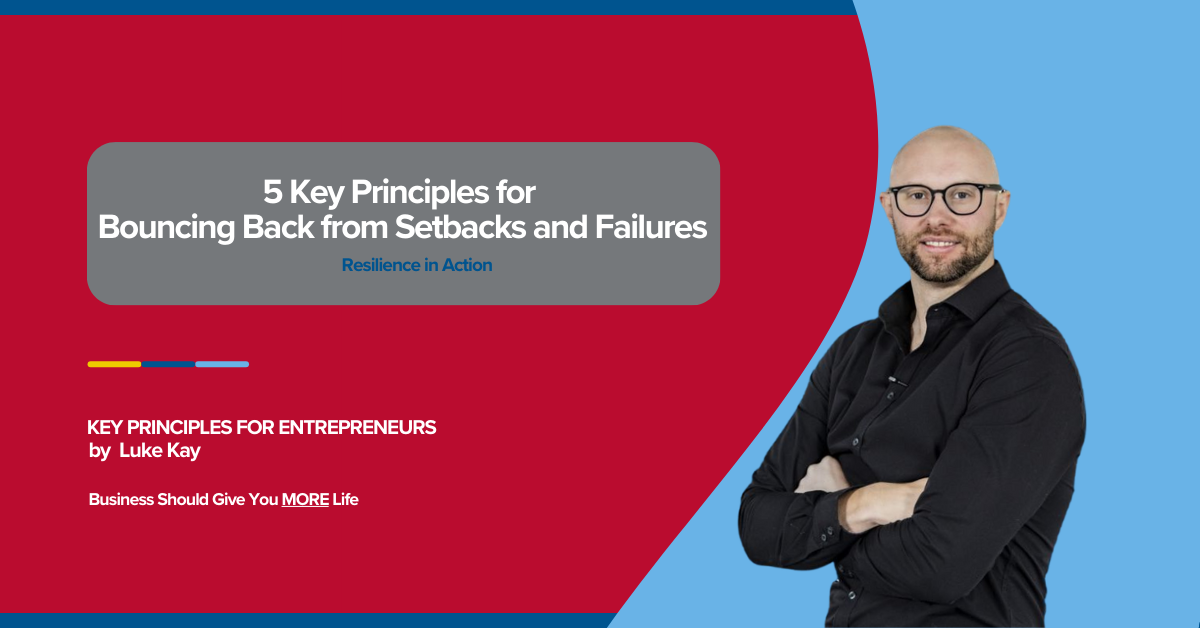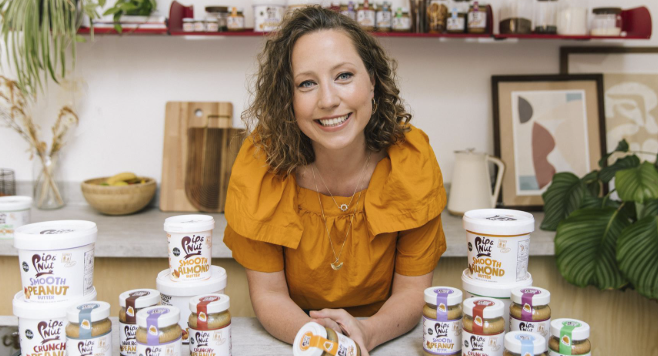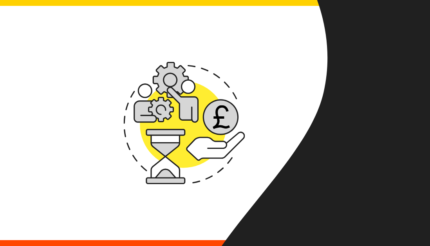
Running a business isn’t always smooth sailing.
Setbacks, failures, and unexpected challenges are part of the journey. What separates successful entrepreneurs from the rest is their ability to bounce back, learn, and grow stronger.
Resilience isn’t about avoiding failure – it’s about knowing how to recover, adapt, and keep moving forward.
Let’s break down five key principles of resilience and look at real-life examples of UK entrepreneurs who turned obstacles into opportunities.
Key Principle #1. Develop a Growth Mindset
Resilient entrepreneurs see challenges as learning opportunities rather than roadblocks. Instead of dwelling on failures, they ask: What can I learn from this? How can I improve?
Reframing failures as valuable lessons is crucial. Staying curious and open to learning ensures continuous improvement. It’s also important to celebrate progress, even when things don’t go as planned. Every setback is a stepping stone toward greater success.
A growth mindset allows entrepreneurs to stay flexible and open to new ideas. It encourages continuous development, pushing beyond comfort zones to achieve long-term success. When you develop the habit of seeing obstacles as learning experiences, you build confidence and adaptability. This shift in perspective helps maintain motivation, even during tough times, ensuring that you stay on course no matter what challenges arise.
Key Principle #1 Case Study: Michelle Mone’s Comeback
Michelle Mone, founder of lingerie brand Ultimo, faced serious challenges—including a difficult divorce and the collapse of her company. Many would have given up, but Mone saw these setbacks as a chance to rebuild. She launched new ventures, became a sought-after public speaker, and even entered politics.
Her story proves that setbacks don’t define you—your response to them does.

Key Principle #2. Build a Strong Support Network
No one succeeds alone. Having a network of mentors, peers, and advisors can provide guidance, emotional support, and fresh perspectives when things get tough.
Surrounding yourself with people who uplift and challenge you creates an environment for growth. Joining entrepreneur networks or mastermind groups can offer valuable connections and insights. During difficult moments, never be afraid to reach out for support—strong networks can make all the difference.
A strong support system is invaluable when facing uncertainty. It provides encouragement during difficult times and offers fresh perspectives that may lead to new solutions. Whether through networking groups, business mentors, or close friends, knowing that you have people who believe in you makes a huge difference. Being part of a like-minded community also helps combat feelings of isolation, which can be a common struggle for business owners dealing with challenging situations.
Key Principle #2 Case Study: Pip & Nut’s Crowdfunded Recovery
Pippa Murray, founder of nut butter brand Pip & Nut, was on the brink of failure when a manufacturer pulled out just before her product launch. Instead of giving up, she turned to her network and launched a crowdfunding campaign.
The funding, support, and connections she gained didn’t just save her business—it built a loyal community that fuelled future growth.

Key Principle #3. Practice Adaptive Thinking
In business, things rarely go exactly as planned. Resilient entrepreneurs are flexible and willing to pivot when circumstances change.
Regularly reassessing goals and strategies helps ensure that you stay on the right track. Being open to trying new approaches can lead to unexpected breakthroughs. It’s also wise to plan for different scenarios so you’re never caught off guard when challenges arise.
Adaptive thinking is about embracing change and remaining open to new possibilities. This mindset also promotes innovation, as it encourages looking at challenges from different angles and experimenting with creative solutions.
Key Principle #3 Case Study: BrewDog’s Pandemic Pivot
When COVID-19 hit and pubs shut down, BrewDog founders James Watt and Martin Dickie had to adapt fast. Instead of panicking, they repurposed their distillery to produce hand sanitiser, helping both their business and the NHS.
Their ability to shift quickly kept them afloat and strengthened their brand.

Key Principle #4. Prioritise Physical and Mental Wellbeing
Resilience isn’t just about mindset—it’s also about looking after yourself. When you’re physically and mentally well, you’re better equipped to handle stress and setbacks.
Regular exercise, a healthy diet, and good sleep are fundamental for maintaining peak performance. Managing stress through mindfulness or meditation can also help keep you centered during difficult times.
Seeking support when needed—whether through coaching, therapy, or simply talking to a trusted friend—is essential for long-term resilience.
Key Principle #4 Case Study: Dame Kelly Holmes’ Business Journey
Double Olympic gold medallist Dame Kelly Holmes has been open about her struggles with mental health. She used fitness to maintain her well-being and applied these lessons to her business career.
Her story highlights the importance of taking care of both body and mind to stay strong in business.

Key Principle #5. Stay Connected to Your ‘Why’
Having a clear sense of purpose gives you the motivation to push through tough times. When you know why you’re doing what you do, it’s easier to stay resilient.
Revisiting your long-term vision regularly ensures that you stay aligned with your goals. Using your ‘why’ as motivation during difficult moments can provide the drive to persevere. Sharing your purpose with your team fosters collective resilience and helps create a strong business culture.
Key Principle #5 Case Study: Lord Alan Sugar’s Relentless Drive
Lord Alan Sugar, founder of Amstrad and star of The Apprentice, has faced multiple business failures—including the flop of the Amstrad e-m@iler.
But instead of quitting, he kept innovating, growing his empire through persistence and belief in his mission.

How to Strengthen Your Resilience
Resilience isn’t something you’re born with—it’s something you build over time. Implement these simple steps to get you started.
- Reflect on past setbacks and identify the lessons learned.
- Map out your support network and identify areas where you might need additional support.
- Practice scenario planning for potential future challenges.
- Implement a regular self-care routine to maintain your physical and mental wellbeing.
- Write down your ‘why’ and keep it visible as a daily reminder.
Remember, resilience isn’t about avoiding failure – it’s about learning how to fall, get back up, and come out even stronger and better than before.
What’s Your Resilience Story?
What’s one setback you’ve faced that, looking back, was actually an opportunity for growth? Share your experience in the comments!
Take Action:
Want to develop unshakeable resilience and turn setbacks into comebacks? Book a complimentary Strategy Session with me. I will help you assess your current resilience levels, identify key areas for growth, and together we will come up with a personalised plan to help you bounce back from any challenge.
Don’t let obstacles derail your success!
Visit Our Events
We host monthly events as part of our Entrepreneurship Academy and 1-2-1 Business Coaching programs. If you’d like to network with other ambitious entrepreneurs and get expert guidance, check out our events page!
Attend an event for FREE and experience first-hand how ActionCOACH’s proven strategies and systems can help you grow. Whether it’s our half day Business Growth Masterclasses or a more in-depth quarterly 90 Day Planning Day event, we’d love to see you there!
Join an Event for Free Here





